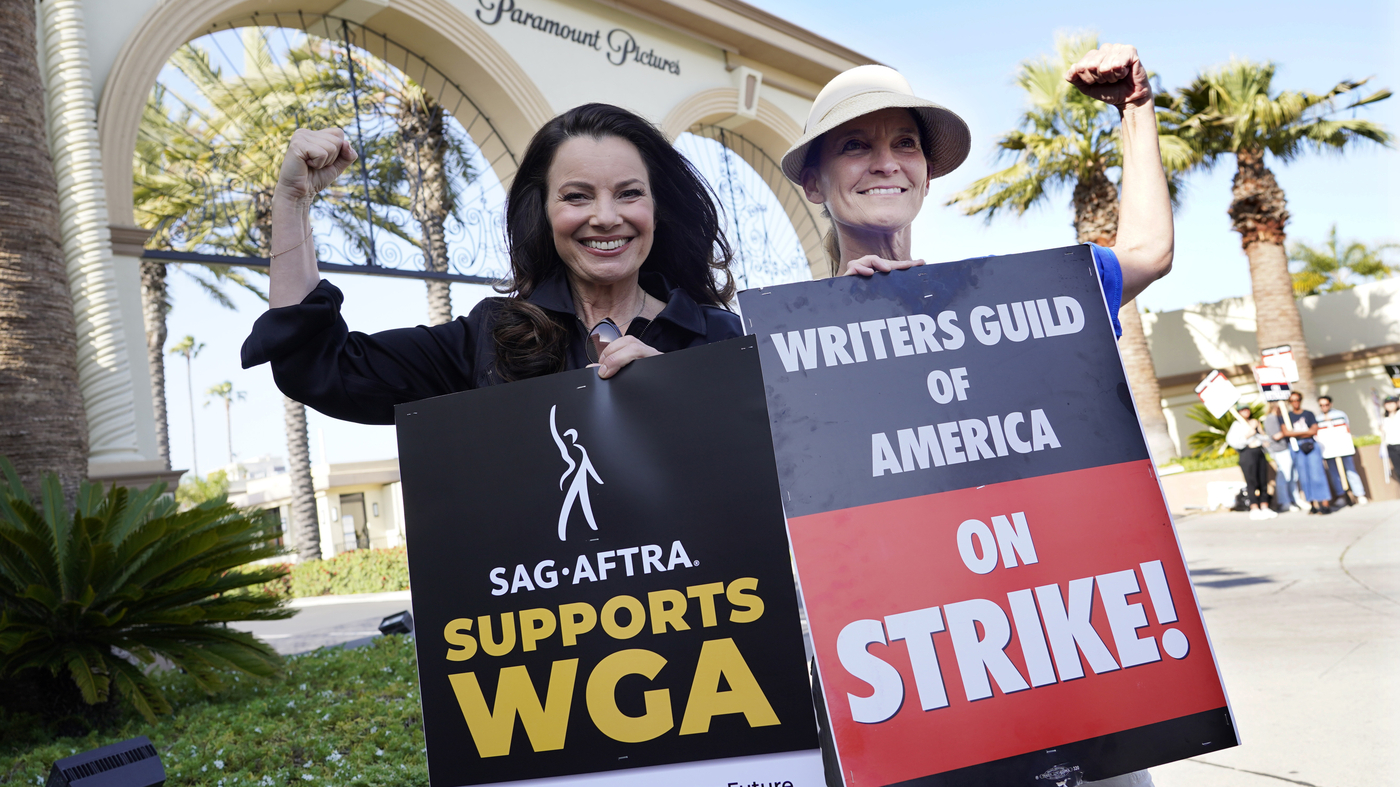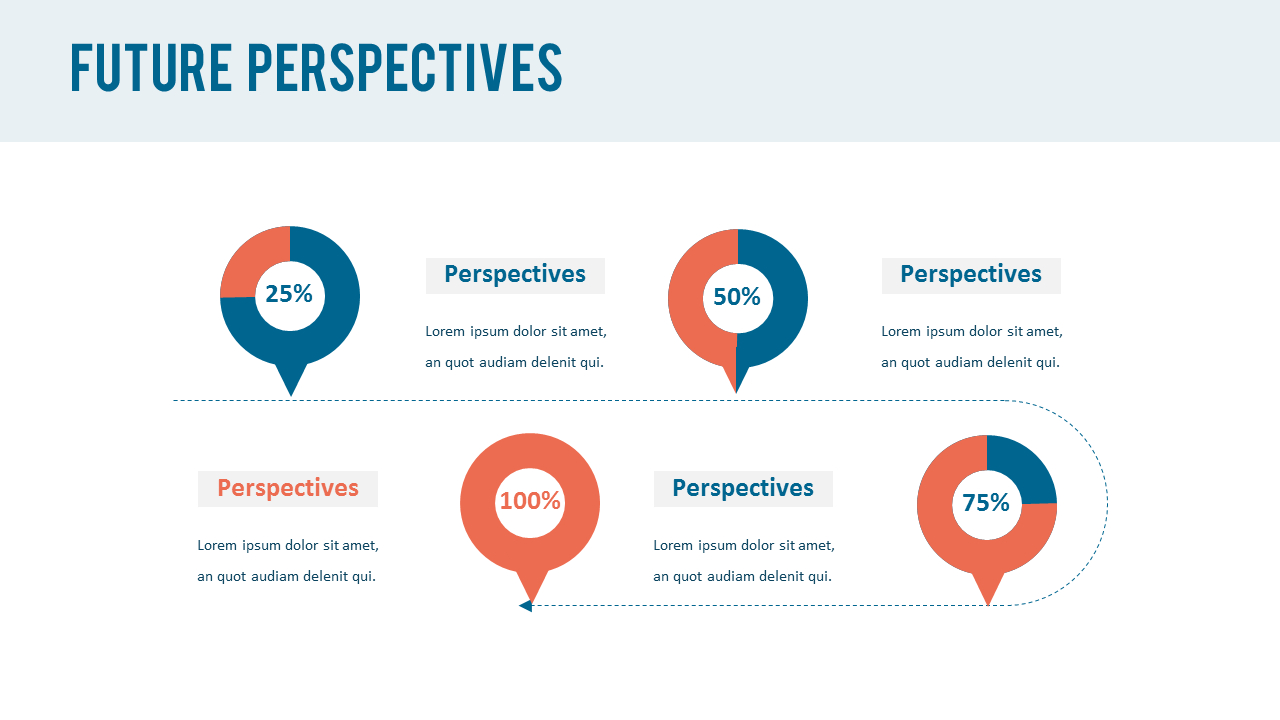WGA And SAG-AFTRA Strike: A Joint Hollywood Shutdown

Table of Contents
Key Demands of the WGA Strike
The WGA strike, which began in May 2023, centers around several critical issues impacting writers' livelihoods and the future of television and film writing.
Fair Compensation and Residuals in the Streaming Era
The traditional model of writer compensation, especially residuals (payments based on a show's success), is woefully outdated in the streaming era. Writers argue that the current system, designed for broadcast television, doesn't adequately reflect the massive viewership and profitability of streaming shows. This discrepancy is a major sticking point in the negotiations.
- Demand for increased minimums: The WGA seeks significant increases in minimum pay for writers across all platforms.
- Concerns about transparency in streaming revenue: The lack of transparency around streaming revenue makes it difficult for writers to assess the fairness of their compensation. They're demanding more open and accessible data.
- Fair payment across all platforms: The fight for fair compensation extends to all platforms, including short-form video content, where revenue models are often less transparent and writer pay is lower.
AI and its Impact on Writers' Work
The rapid advancement of artificial intelligence (AI) poses a substantial threat to writers' jobs and creative control. The WGA is pushing for safeguards to protect writers from the unauthorized use of their work and the potential displacement of human writers by AI.
- Demand for clear guidelines regarding AI use: The union is seeking clear rules and regulations around the use of AI in writing, ensuring that human writers retain control over their creative work.
- Negotiating protections against AI replacing human writers: The WGA is fighting to prevent AI from being used to replace human writers entirely, ensuring that human creativity remains at the heart of the storytelling process.
- Ensuring writers receive proper compensation for AI-assisted projects: The union demands fair compensation for writers even when AI is involved in the creative process, acknowledging the human input still necessary.
Key Demands of the SAG-AFTRA Strike
SAG-AFTRA, joining the picket lines alongside the WGA, brings its own set of crucial demands to the table, further amplifying the pressure on Hollywood studios.
Fair Wages and Working Conditions
SAG-AFTRA members are facing challenges with fair wages, especially those working on streaming projects and low-budget productions where compensation often lags behind the rising cost of living. The union seeks to rectify this imbalance.
- Demand for increased minimum wages: SAG-AFTRA is pushing for substantial increases in minimum wages to reflect the increasing cost of living and the value of actors' contributions.
- Addressing concerns about long working hours and unfavorable working conditions: The union is addressing long working hours, inadequate rest periods, and other unfavorable working conditions that impact actors' well-being.
- Securing benefits and health insurance parity for all members: The union fights for consistent and equitable access to benefits and health insurance for all its members, regardless of project size or platform.
Self-Tape Auditions and the Use of AI
The increasing reliance on self-tape auditions and the potential misuse of AI in generating actors' likenesses are significant concerns for SAG-AFTRA. The union seeks to mitigate the negative impacts of these technologies.
- Negotiating limits on the use of self-tape auditions: SAG-AFTRA aims to limit the overuse of self-tape auditions, recognizing the time and resource constraints this places on actors.
- Addressing concerns about the use of AI to replace actors' roles or create deepfakes: The union is pushing for safeguards against the use of AI to replace actors or create deepfakes without their consent or compensation.
- Protecting actors’ rights and preventing exploitation: The overarching goal is to protect actors' rights and prevent the exploitation of their talent and likeness through new technologies.
The Impact of the Joint Hollywood Strike
The combined WGA and SAG-AFTRA strike has far-reaching implications beyond the actors and writers themselves.
Economic Consequences
The strike has significant economic repercussions, affecting various sectors reliant on Hollywood production.
- Job losses across related industries: The production halt leads to job losses in catering, transportation, and numerous other industries supporting film and television production.
- Delayed productions and potential loss of revenue for studios and streaming platforms: Delayed projects translate to substantial revenue losses for studios and streaming services.
- Impact on local economies dependent on film and television production: Local economies heavily reliant on Hollywood production face significant economic downturns.
The Political Implications
The strike highlights the power of organized labor and underscores the need to address the changing dynamics of the entertainment industry.
- Focus on labor rights and fair compensation for workers in the creative industries: The strike brings renewed focus to labor rights and the need for fair compensation in creative industries.
- Public support for the striking workers and their demands: The strike has garnered significant public support, raising awareness about the challenges faced by actors and writers.
- Potential influence on future negotiations and labor legislation: The outcome of this strike could influence future negotiations and potentially lead to changes in labor legislation related to the entertainment industry.
Conclusion
The joint WGA and SAG-AFTRA strike represents a pivotal moment in Hollywood history. The core issues – fair compensation, the ethical implications of AI, and the evolution of working conditions – will shape the future of the entertainment industry. Understanding the complexities of this Hollywood strike is crucial for anyone within or affected by the entertainment ecosystem. To stay informed about the ongoing negotiations and the future of this Hollywood strike, continue following the news and support the efforts of the WGA and SAG-AFTRA in their fight for fair treatment. Join the conversation and advocate for fair compensation and improved working conditions in the entertainment industry.

Featured Posts
-
 Sj Earthquakes Vs Seattle Sounders Your Guide To The Match
May 15, 2025
Sj Earthquakes Vs Seattle Sounders Your Guide To The Match
May 15, 2025 -
 Senators Vs Maple Leafs Game 2 Prediction Picks And Odds For Tonights Nhl Playoffs
May 15, 2025
Senators Vs Maple Leafs Game 2 Prediction Picks And Odds For Tonights Nhl Playoffs
May 15, 2025 -
 Mlb History Rewritten Padres Unprecedented Achievement
May 15, 2025
Mlb History Rewritten Padres Unprecedented Achievement
May 15, 2025 -
 Menko Ahy Jelaskan Detail Proyek Raksasa Giant Sea Wall
May 15, 2025
Menko Ahy Jelaskan Detail Proyek Raksasa Giant Sea Wall
May 15, 2025 -
 Profession De Gardien Perspectives D Avenir Et Solutions
May 15, 2025
Profession De Gardien Perspectives D Avenir Et Solutions
May 15, 2025
